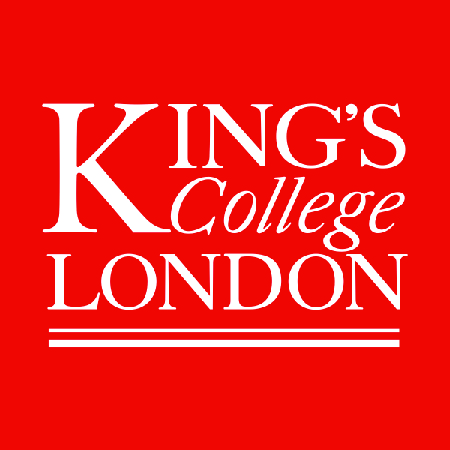Who we are
About Us
Our team is an international group of experts with diverse backgrounds.
Mosquito-borne diseases represent one of the most dynamic frontiers of public health research and intervention. Climate change, population growth, rapid urbanisation and insecticide resistance are amplifying that risk across the globe, increasing the range and resilience of pathogen-carrying vectors and radically attenuating the conventional toolset used to combat them. At a critical juncture in global vector control policy, this project explores reconfiguration of knowledges and disciplinary skills to meet this ever-evolving challenge and, in the process, develop new modalities of global health innovation under conditions of material precarity. Bringing together international and local entomologists, architects, social scientists, public health specialists, engineers and artists, we will model novel strategies to tackle the wicked problem of mosquito control in Brazil and Tanzania. The team draws upon long-term interdisciplinary collaborations in these two countires and award-winning work in sustainable design to formulate integrative methodologies and operational frameworks for community-driven innovation.
Our team comprises internationally recognised practitioners in each individual field of practice with a proven record of interdisciplinary, innovative work. These disciplines and modes of practice are rarely combined at the level of design specifications. This unique collaboration, we hope, will break the mould of conventional ‘vector control’ and inject new ideas into the debate over how to address, more sustainably, the challenge of mosquito-borne diseases in fast-growing, informal urban habitats. In so doing, we seek to serve as a demonstration of what processes of co-design – between different disciplines, but also between designers and users – can contribute to the tackling of ‘wicked’ problems at the interface of public health, community participation/resistance, and rapidly shifting built environments. We believe this project can operate beyond its immediate instrumental goal to showcase a new way of bringing multiple forms of knowledge and practice to bear on highly recalcitrant problems.
The Core Facilitators
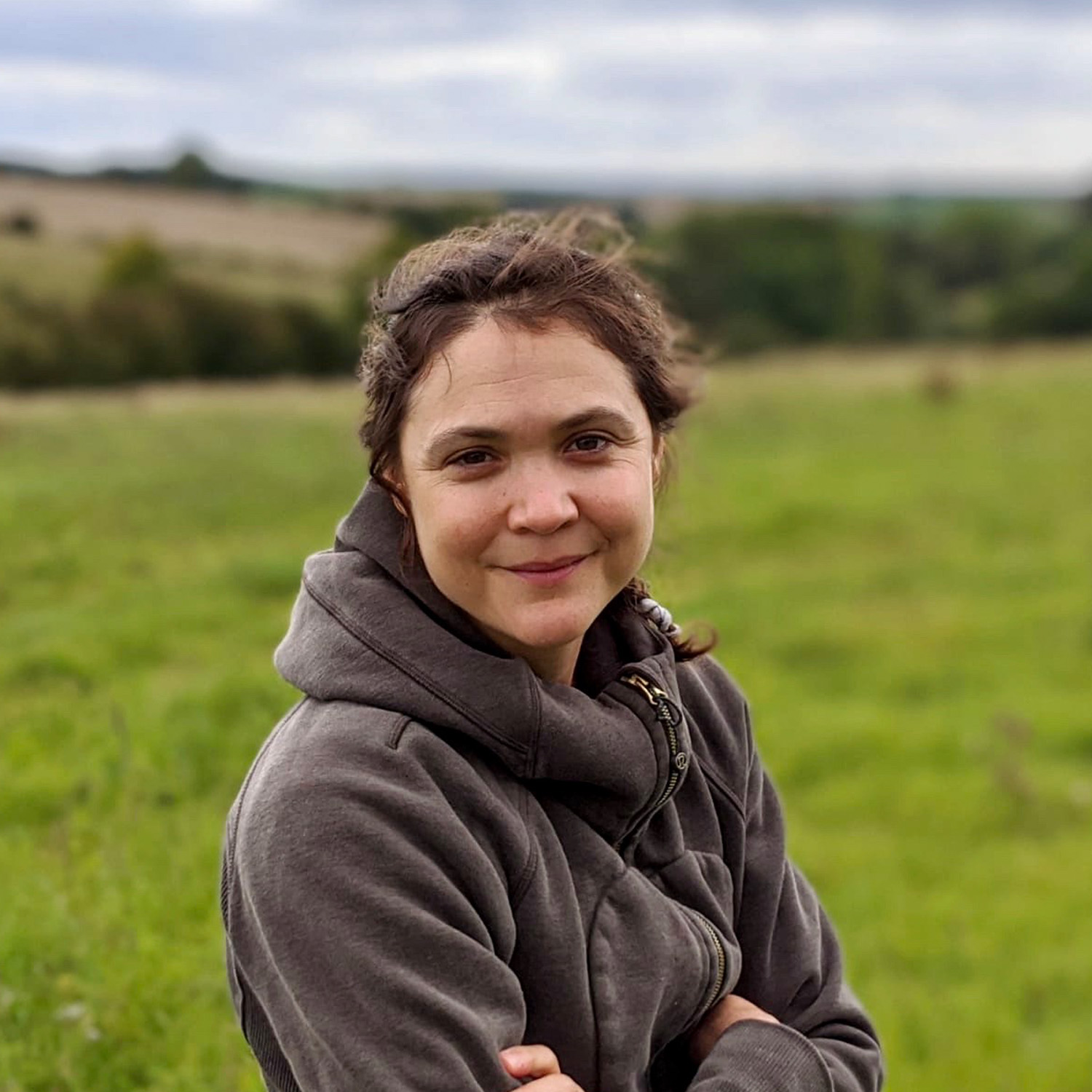
Ann Kelly, PhD
Interim Head of Department of Global Health & Social Medicine; King's College (London, UK)
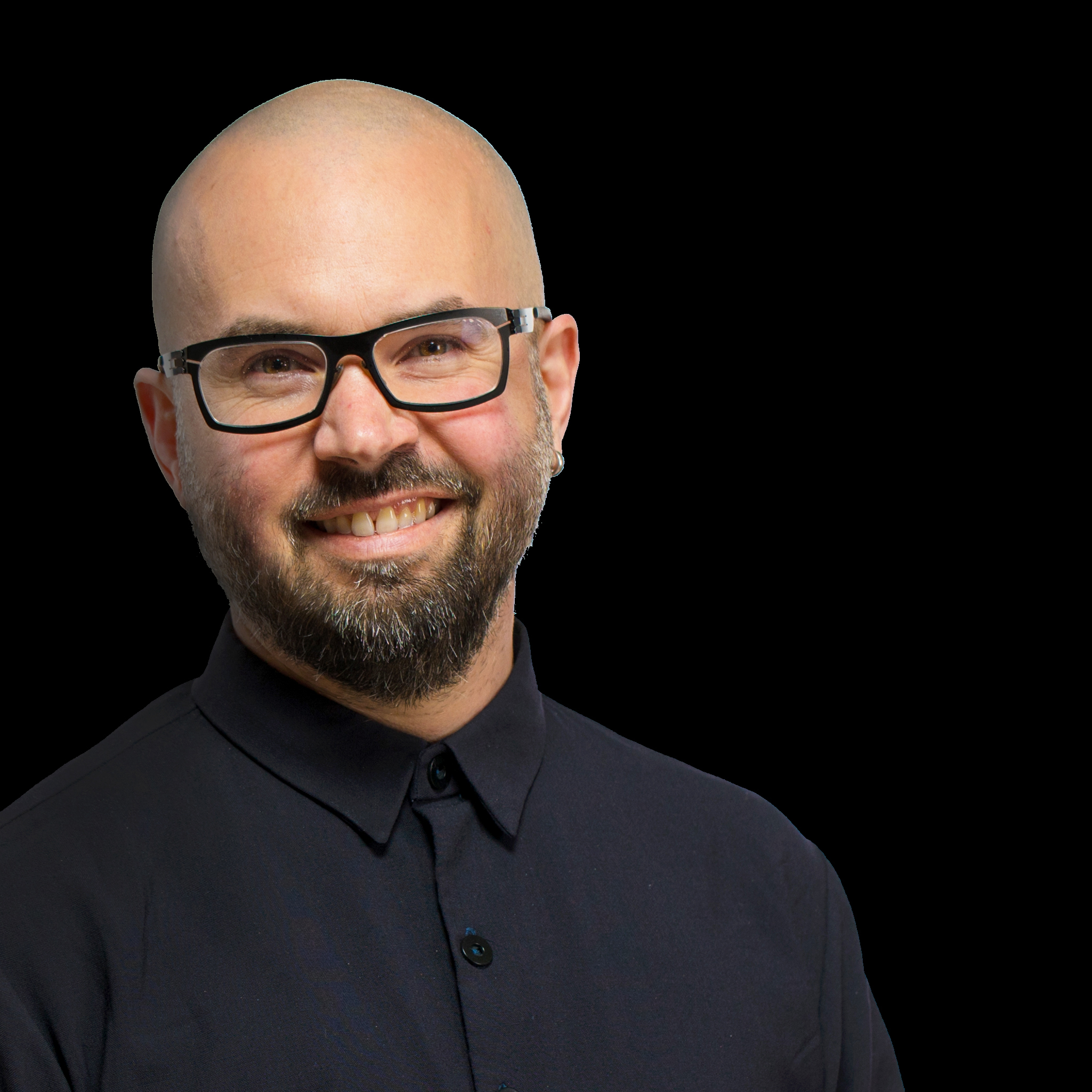
Mark Fretz, DDS, Assoc. AIA
Assistant Research Professor & Associate Director of Outreach; Institute for Health in the Built Environment, University of Oregon (Oregon, USA)
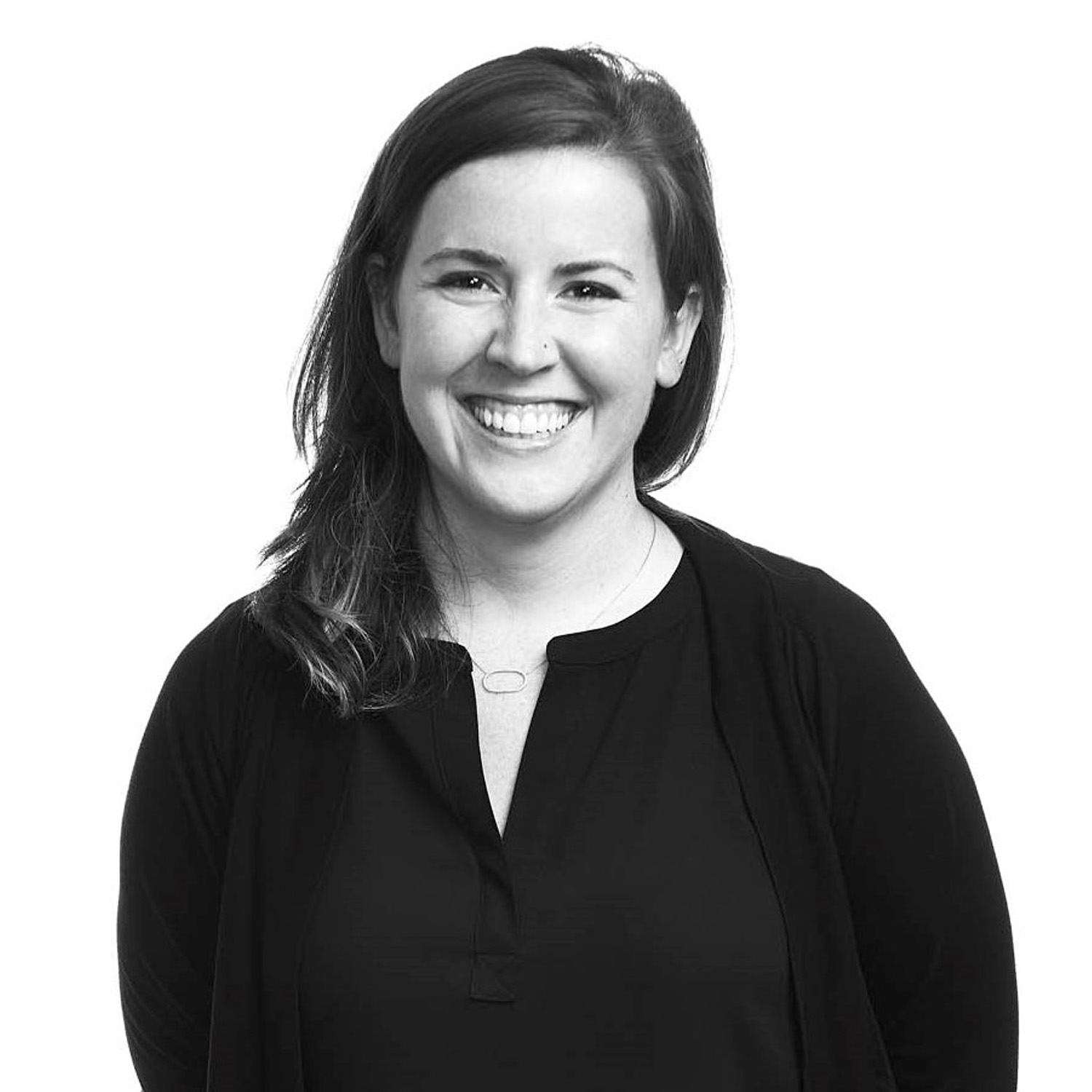
Liz McCormick, LEED AP, PHIUS CPHC
Assistant Professor of Architecture, LEED AP, PHIUS Certified Passive House Consultant; College of Arts + Architecture, University of North Carolina at Charlotte (North Carolina, USA)
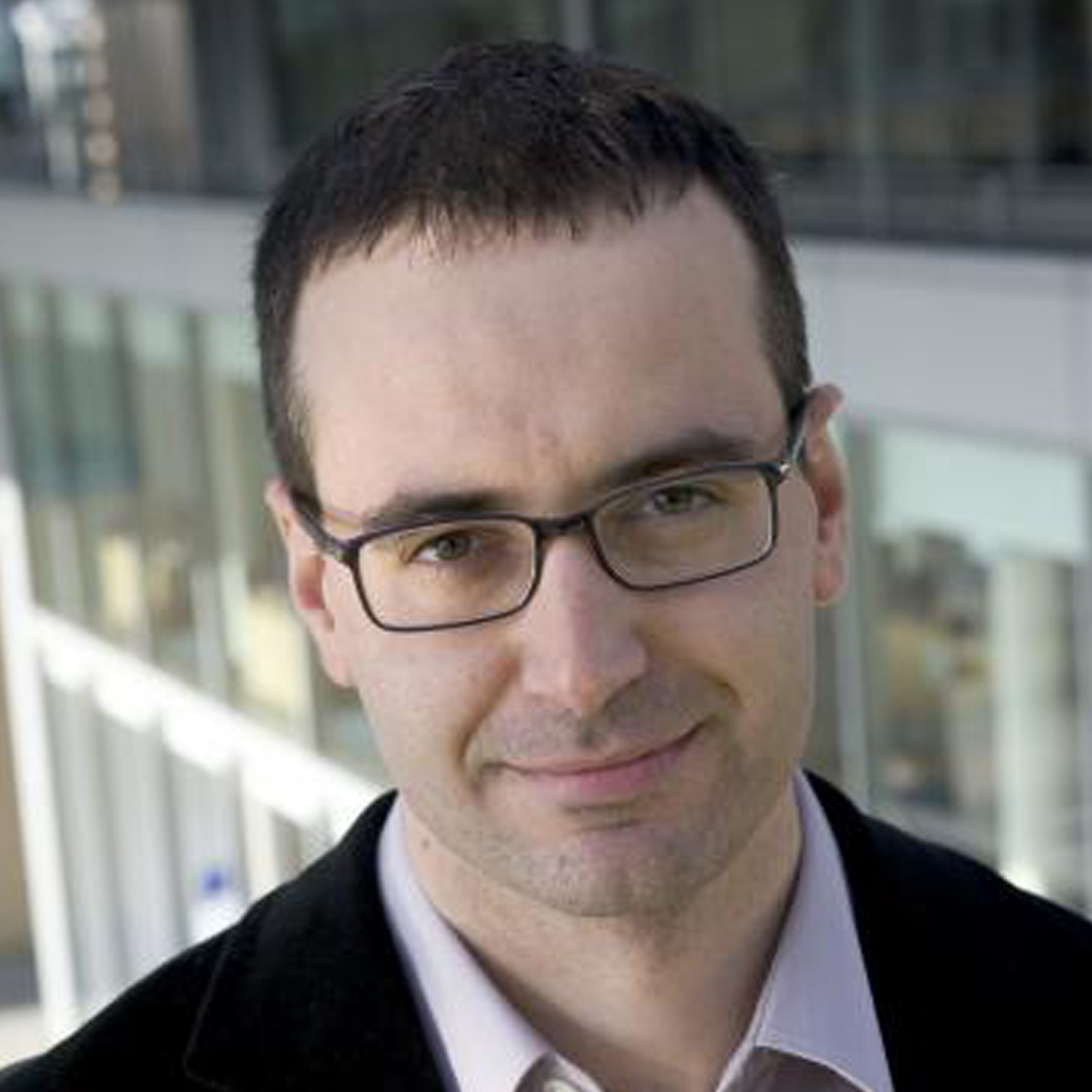
Javier Lezaun, PhD
Lead Researcher; Insitute for Science, Innoation and Society in the School of Anthropology and Museum Ethnography, University of Oxford (Oxford, UK)
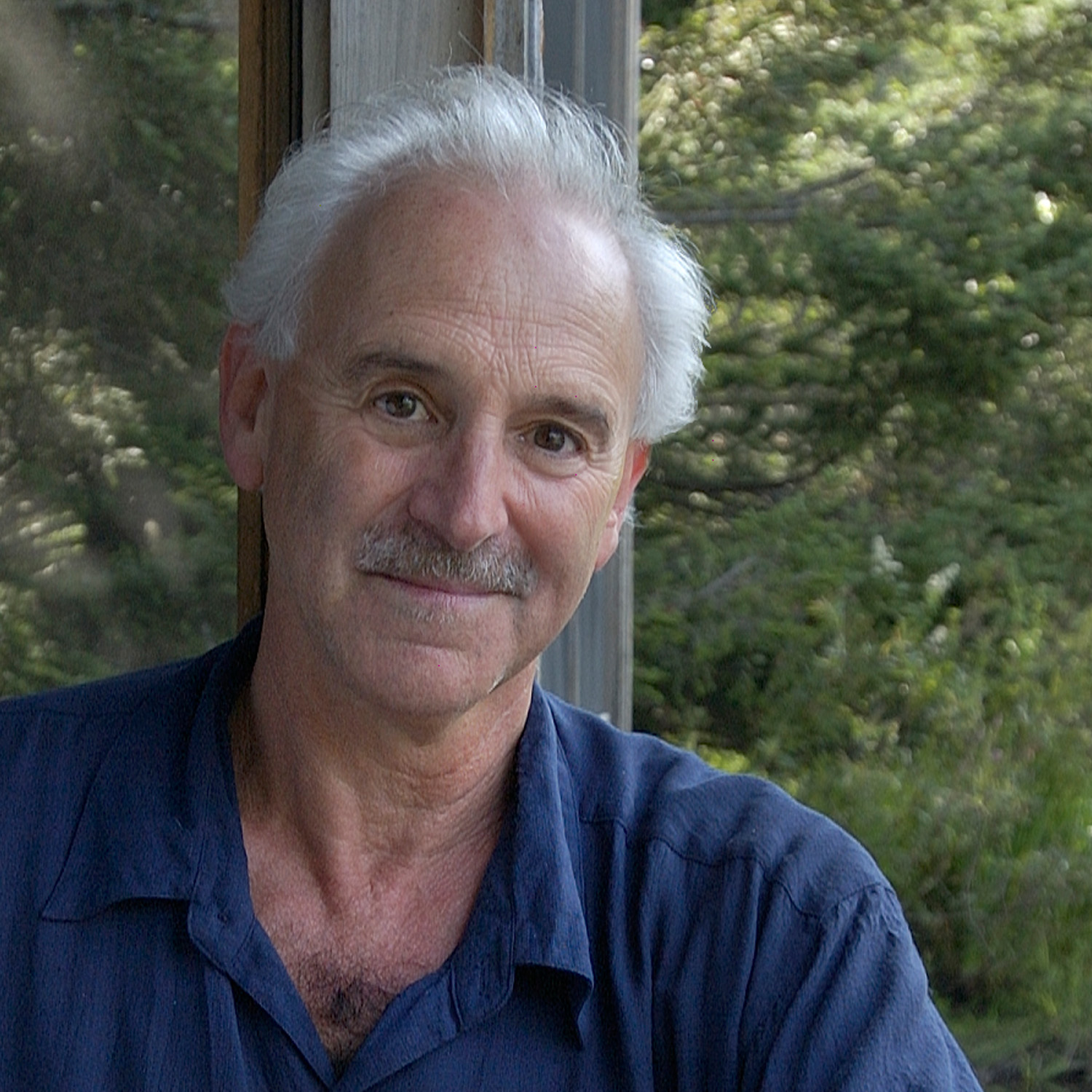
Michael Singer
Artist & Principal Designer; Michael Singer Studio (Vermont, USA)
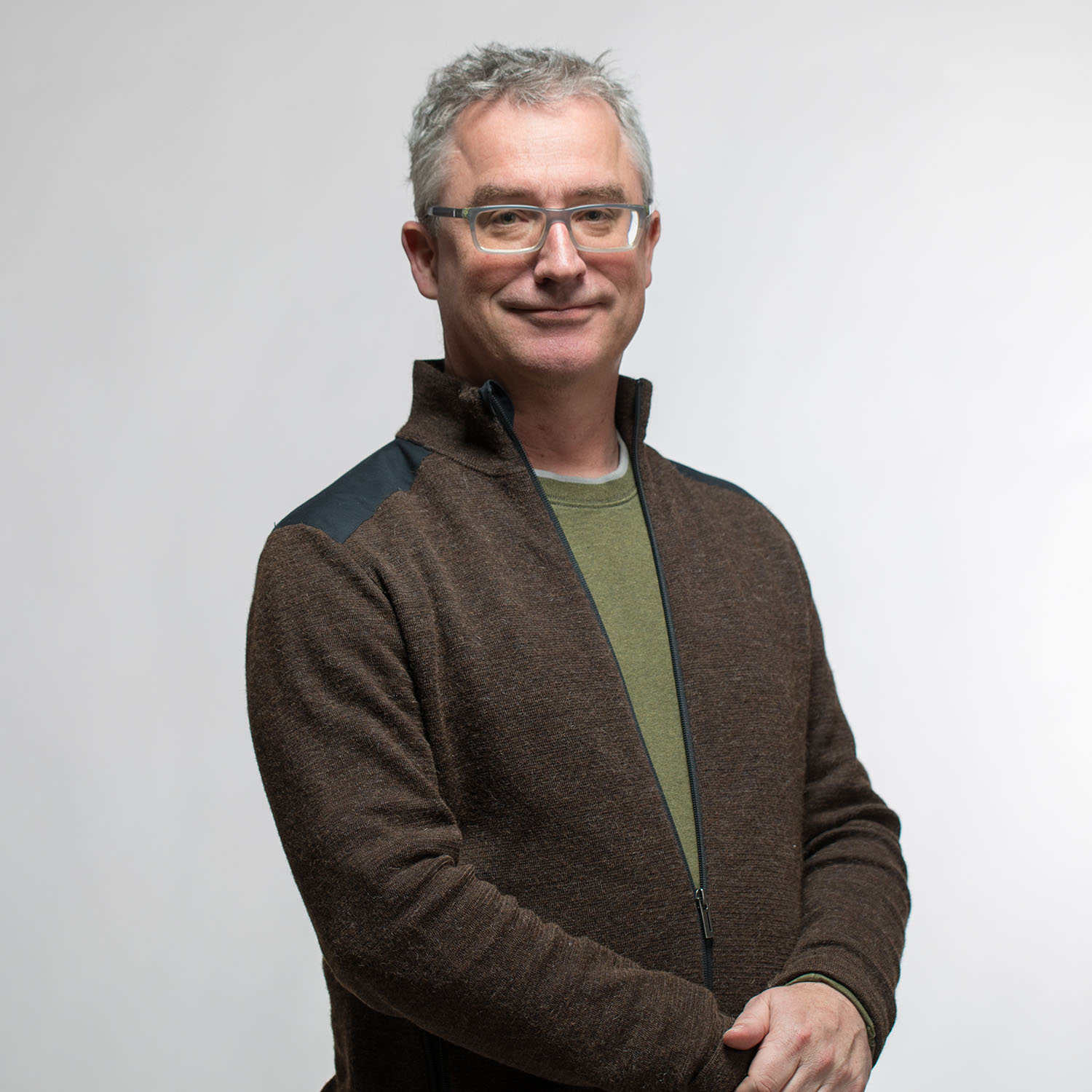
Brook Muller
Dean of the College of Arts + Architecture; University of North Carolina at Charlotte (North Carolina, USA)
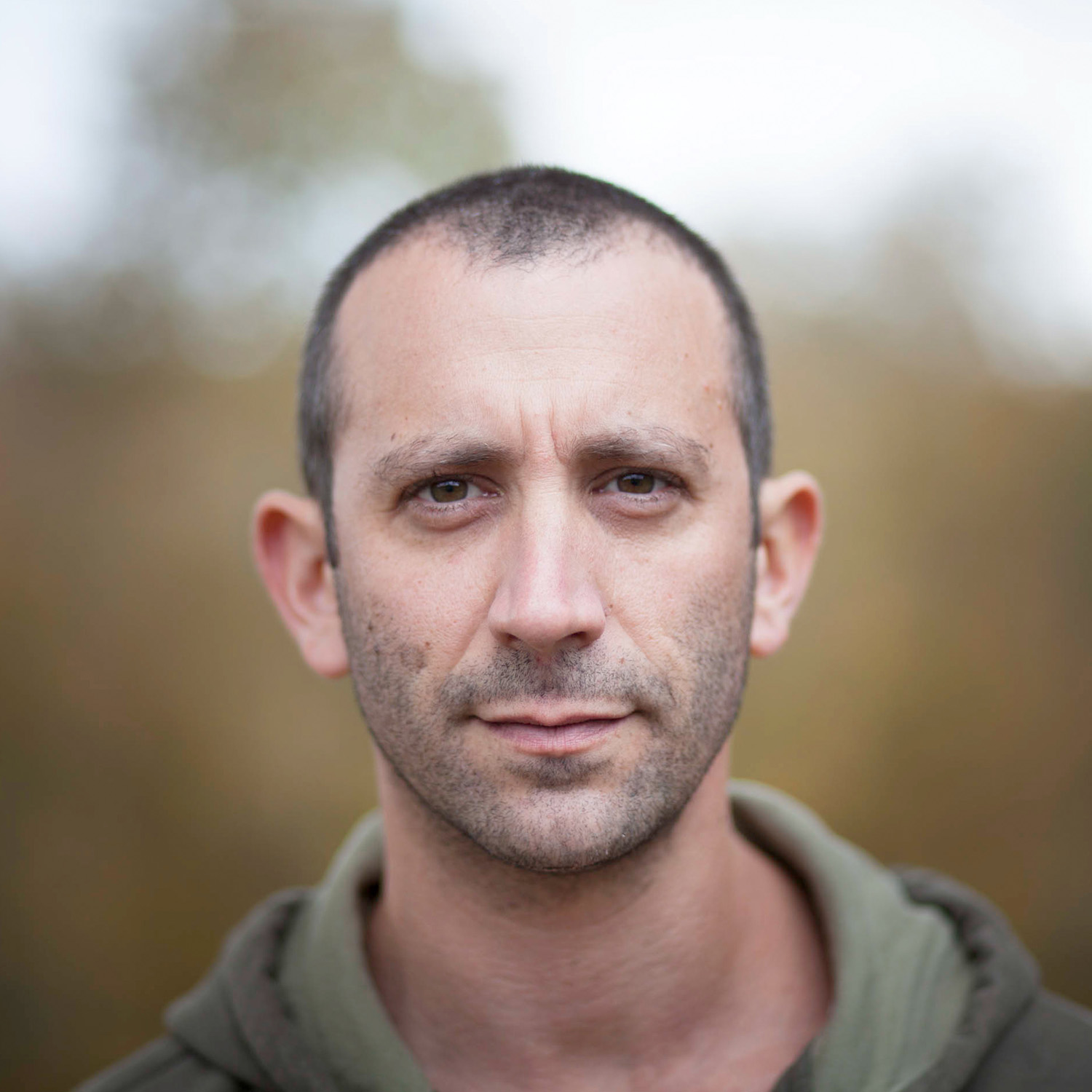
Johnathan Fogelson
Partner; Michael Singer Studio (Vermont, USA)
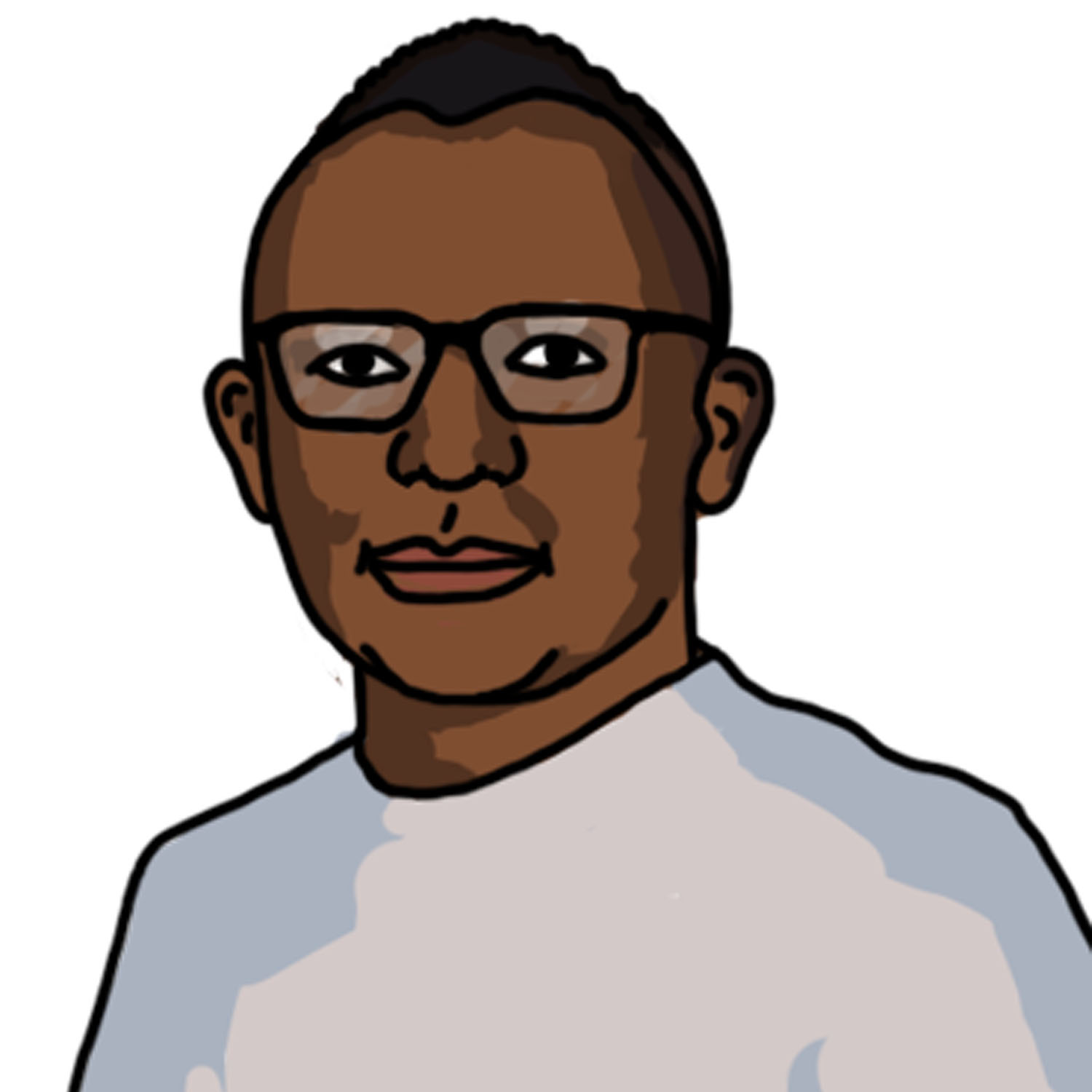
Fredros Okumu, PhD
Director of Science; Ifakara Health Institute (Bagamoyo, Tanzania)
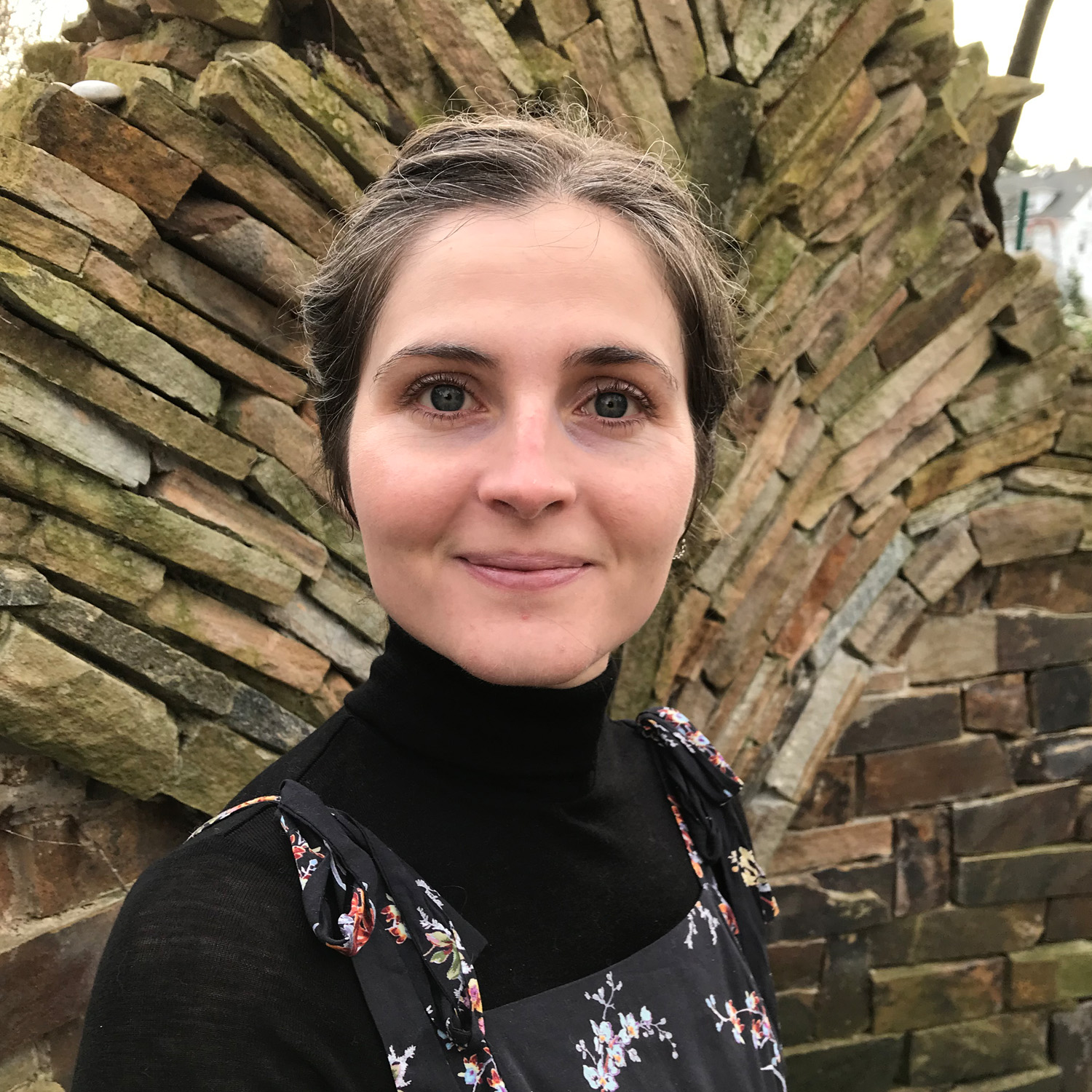
Cat Earley
Project Architect; Maclay Architects (Vermont, USA)
Brazil Facilitators
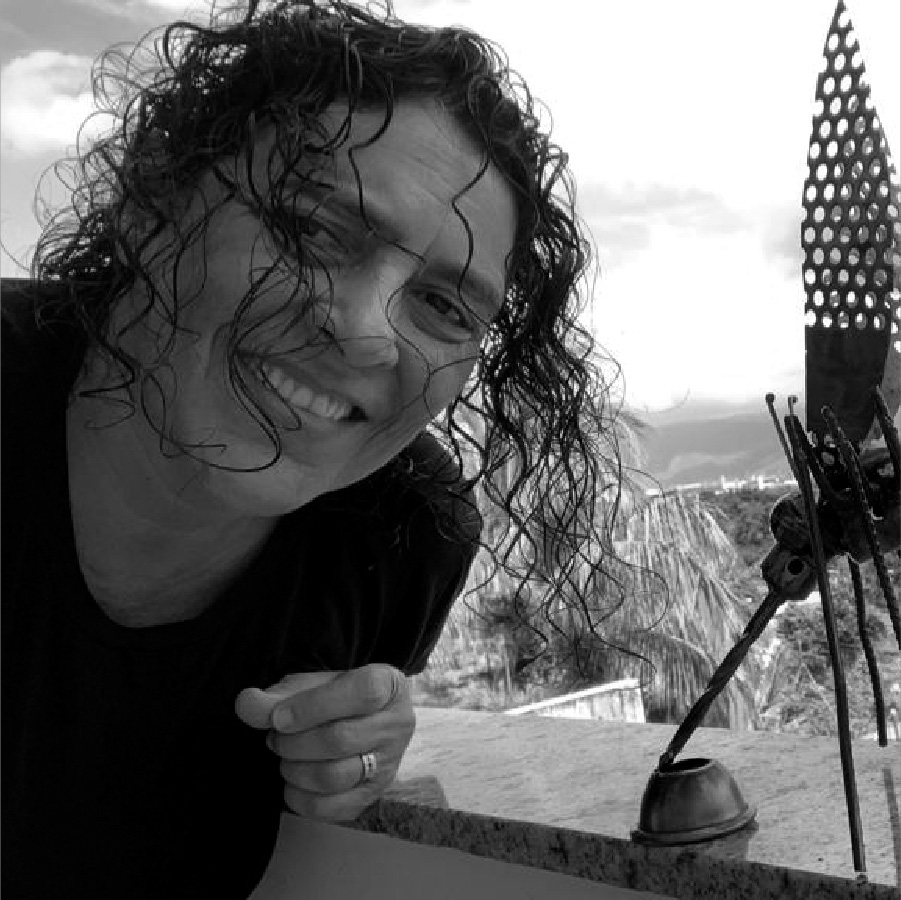
Denise Valle, PhD
Biologist; Researcher at the Oswaldo Cruz Foundation; member of the coordination of the Postgraduate Program in Vector Surveillance and Control

Cláudia G. Franca, PhD
PhD in Education from Federal University of Minas Gerais; Art Professor at Federal Center for Technological Education of Minas Gerais (Minas Gerais, BRA)
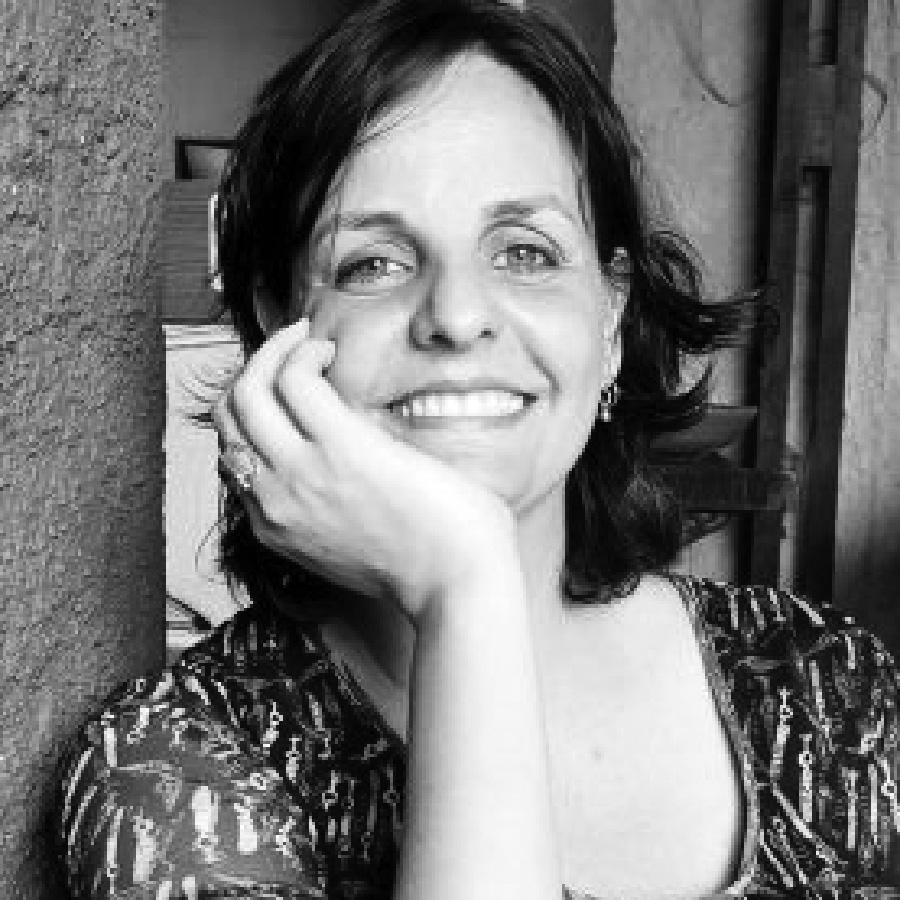
Denise N. Pimenta, PhD
Researcher in Collective Health at René Rachou Institute - Fiocruz Minas; Professor in the Graduate Program in Collective Health at Fiocruz Minas (Minas Gerais, BRA)
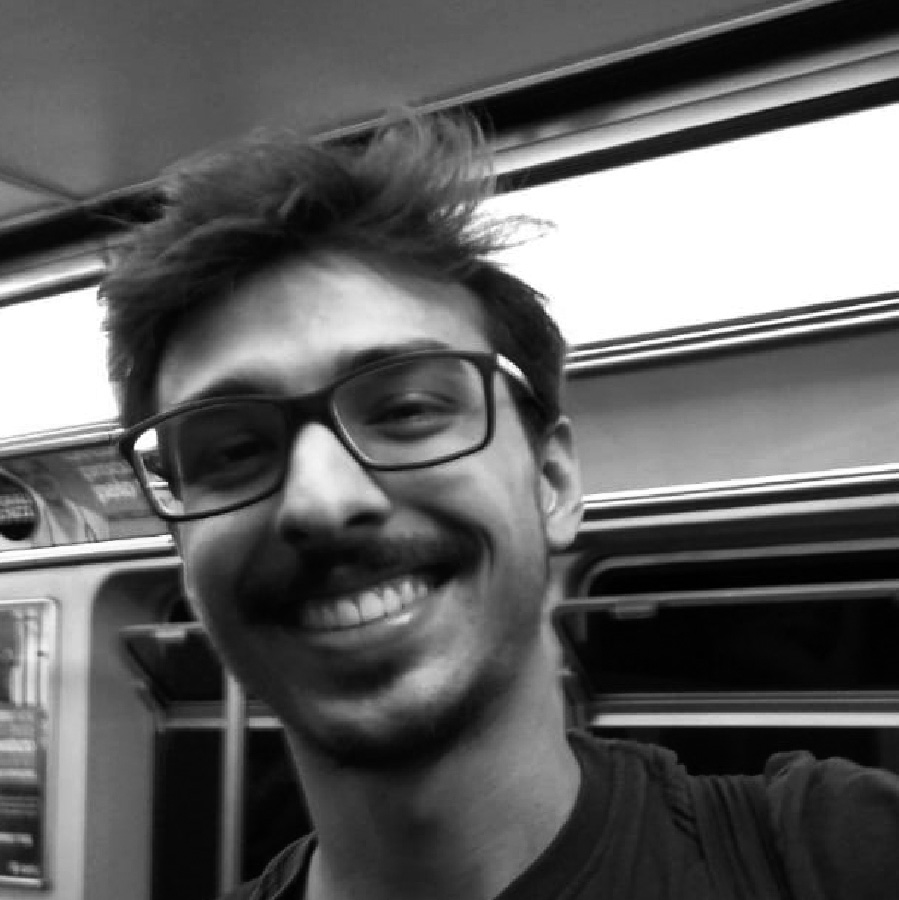
Tiago F. Lima
Graduating in Environmental and Sanitary Engineering (CEFET-MG, BRA); member of the SoFiA Extension Program
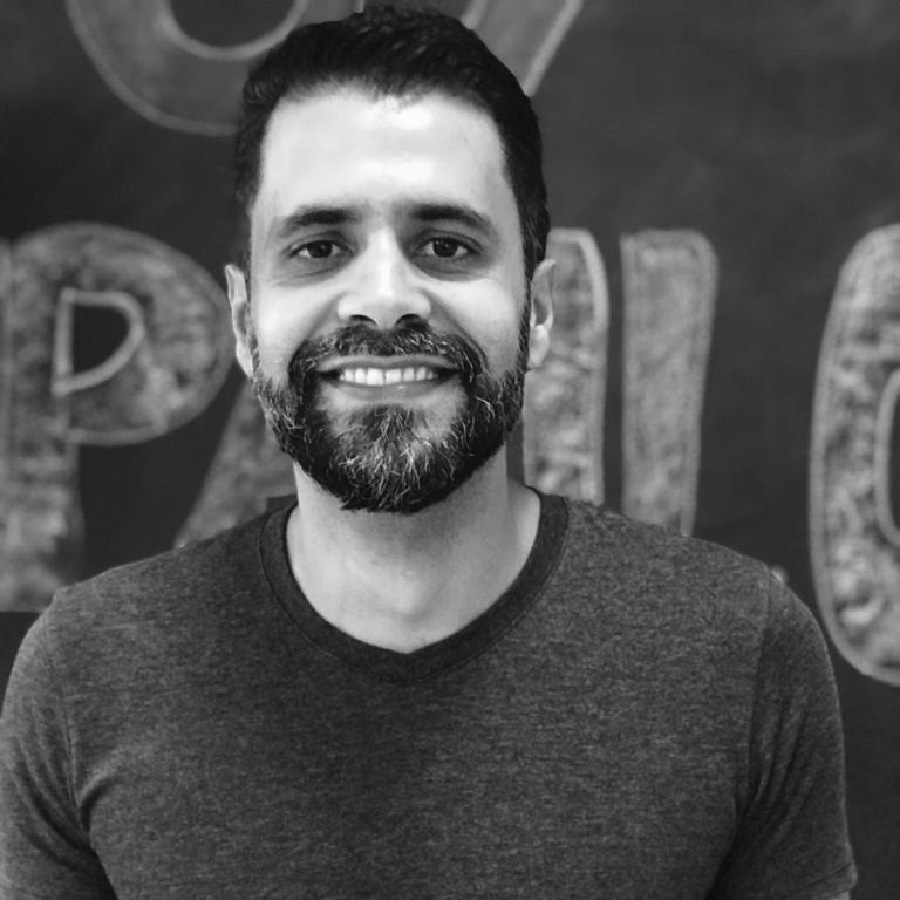
Paulo Silva, PhD
Researcher and postdoctoral fellow in Collective Health at the René Rachou Institute – Fiocruz Minas; Professor at the Arnaldo Faculty (Minas Gerais, BRA)
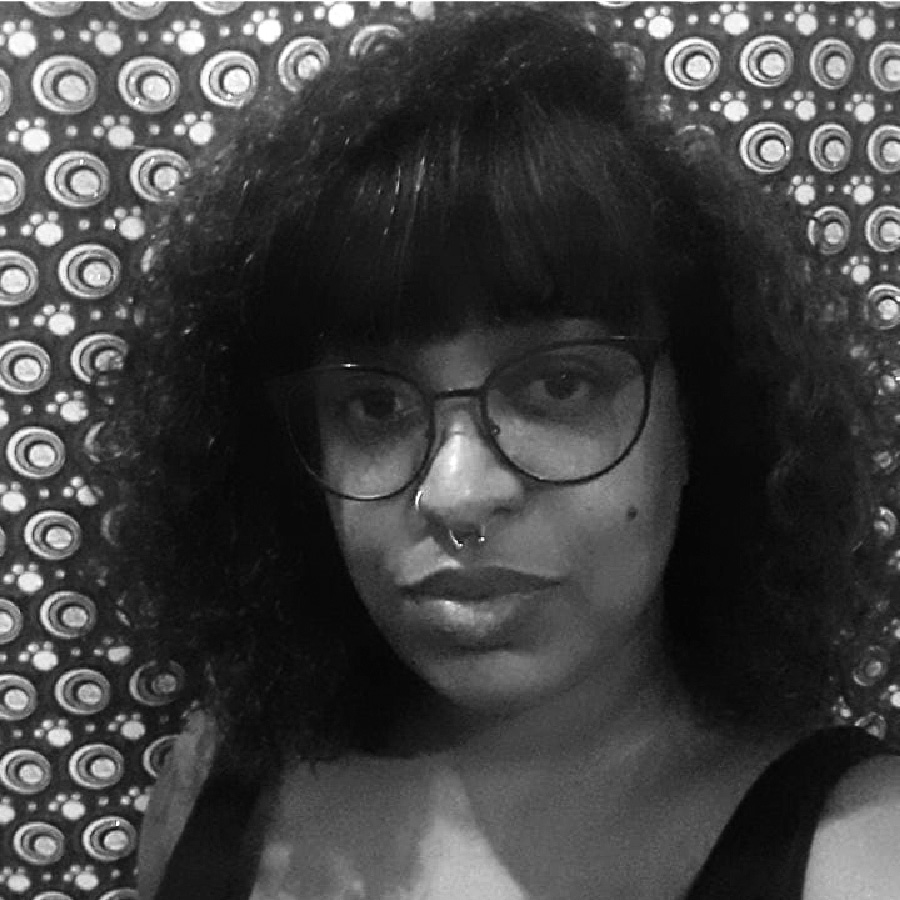
Yasmin P. Evaristo
Bachelor in Plastic Arts (UEMG/Escola Guignard); Graduating in Language Arts - Publishing Technologies (CEFET-MG, BRA)
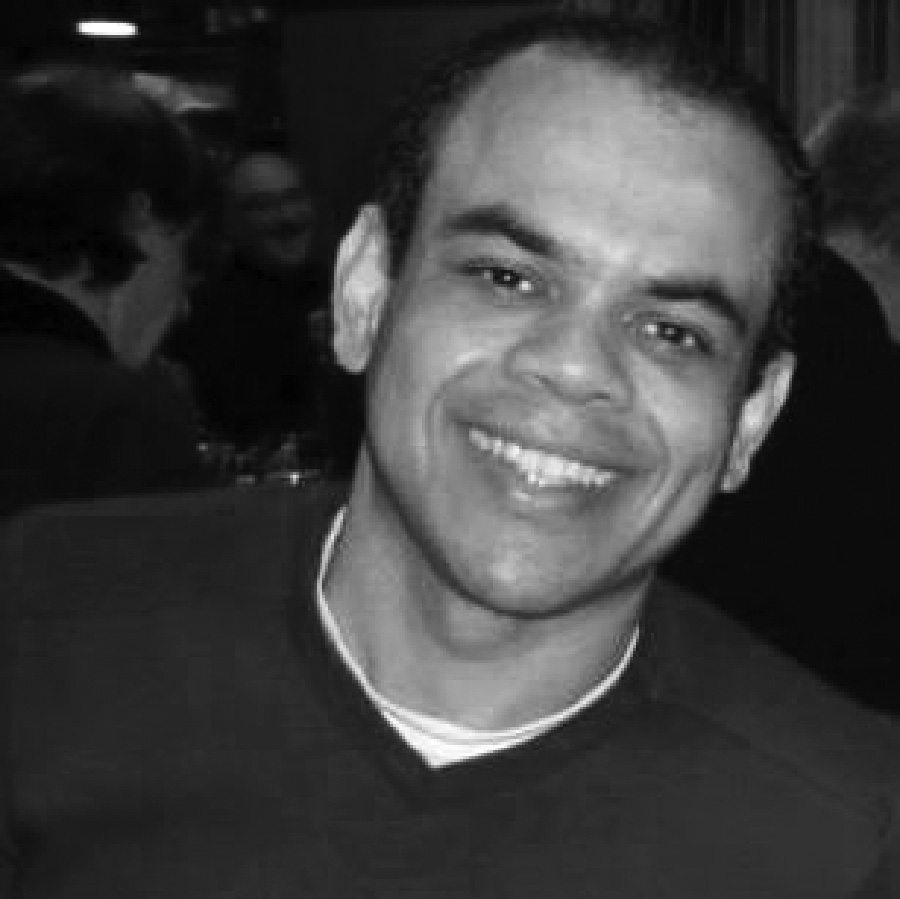
Bráulio Chavez, PhD
Professor at the Federal Centre for Technological Education of Minas Gerais; Postdoctoral fellow in Collective Health at the René Rachou Institute/Fiocruz Minas (Minas Gerais, BRA)
Tanzania Facilitators

Prosper Chaki, PhD
Chief Executive Director for PAMCA

Lina Finda

Thank You to our Funding Organizations
This research is funded by a British Academy Knowledge Frontiers Grant with additional support from the Jeffrey Cook Charitable Trust and the King’s College London ESRC Impact Accelerator fund.

